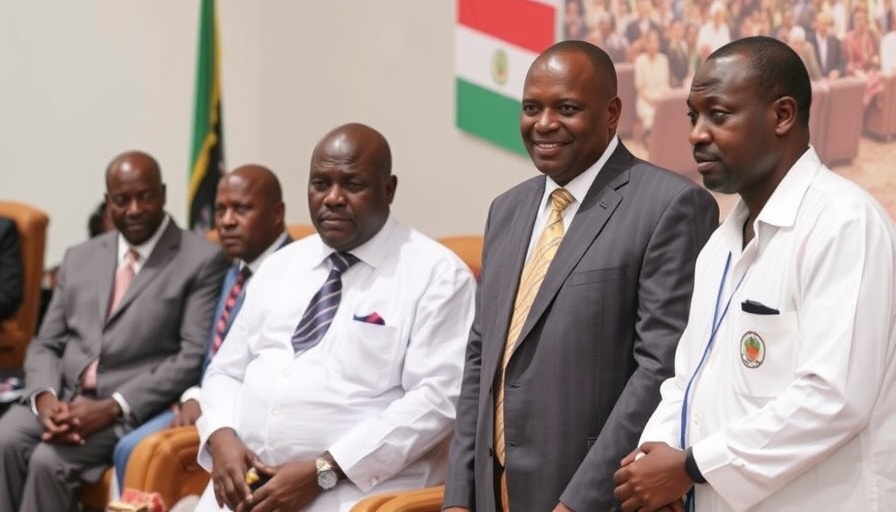
Understanding ECOWAS: A 50-Year Journey and Its Challenges
The Economic Community of West African States (ECOWAS) has reached a pivotal milestone with its 50th anniversary, yet its impact remains uneven, particularly in the Sahel where concerns over security, governance, and economic stability loom large. Established in 1975, ECOWAS was intended to foster regional integration and cooperation among member states, enhancing trade and mutual development. However, recent developments reveal significant shortcomings in effectively addressing critical regional challenges, particularly the rising instability in Burkina Faso, Mali, and Niger.
Sahel's Fragile Security Landscape
The Sahel region signifies a pressing example of ECOWAS's failures. Despite the organization’s long-standing mandate to promote peace and security among West African nations, attacks by militant groups continue to escalate, threatening not just local populations but also regional stability. In 2021 alone, the Sahel saw a surge in violence that forced thousands to flee. The operational capacity of ECOWAS forces has been called into question, with the need for better strategic engagement underscored by the complicity of member states in governance failures and corruption.
A Missed Opportunity in Global Alliances
As the global geopolitical landscape shifts, particularly with the growing influence of China and evolving EU relations, ECOWAS must reevaluate its approach to foreign partnerships. The organization's current diplomacy efforts appear stagnant; they require innovative strategies to enhance collaboration with global powers, including addressing trade policies and security cooperation. These alliances are crucial for attracting investment and accelerating economic development, vital components for a resilient African economy.
Future Predictions and the Path Forward
Looking ahead, it is imperative for ECOWAS to align itself with emerging trends in governance and economic infrastructure. With increased digitalization and the rise of the digital economy in Africa, there lies an opportunity for ECOWAS to leverage technological advancements in addressing regional issues. By enhancing communication and engagement through digital platforms, the organization can drive growth and improve governance structures. This transformation will be essential, especially as Africa seeks to solidify its role in the global economy amidst complex international relations.
Conclusion: A Call for a New Era
As ECOWAS embarks on its next chapter, the necessity for profound reforms and proactive governance strategies is paramount. The Sahel crisis is a clarion call for regional leadership to embody resilience through effective collaboration and innovative solutions. Business leaders and politicians must not only respond to immediate challenges but also lay the groundwork for sustainable development. Engagement in ongoing discussions about Africa’s role in BRICS and global trade is essential. The time for action is now—ECOWAS must reinvent itself to tackle the multidimensional pressures facing West Africa.
 Add Row
Add Row  Add
Add 


 Add Row
Add Row  Add
Add 

Write A Comment